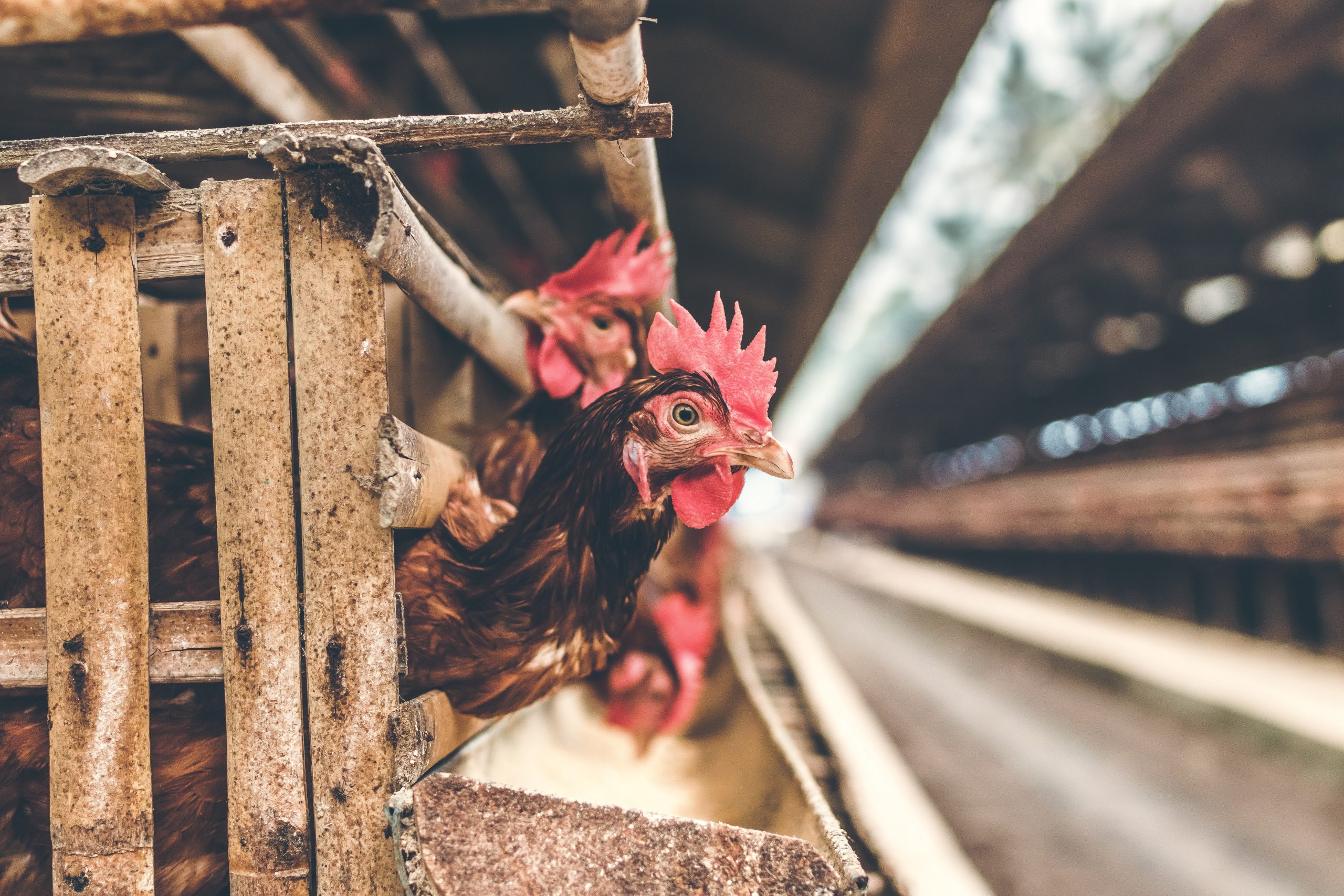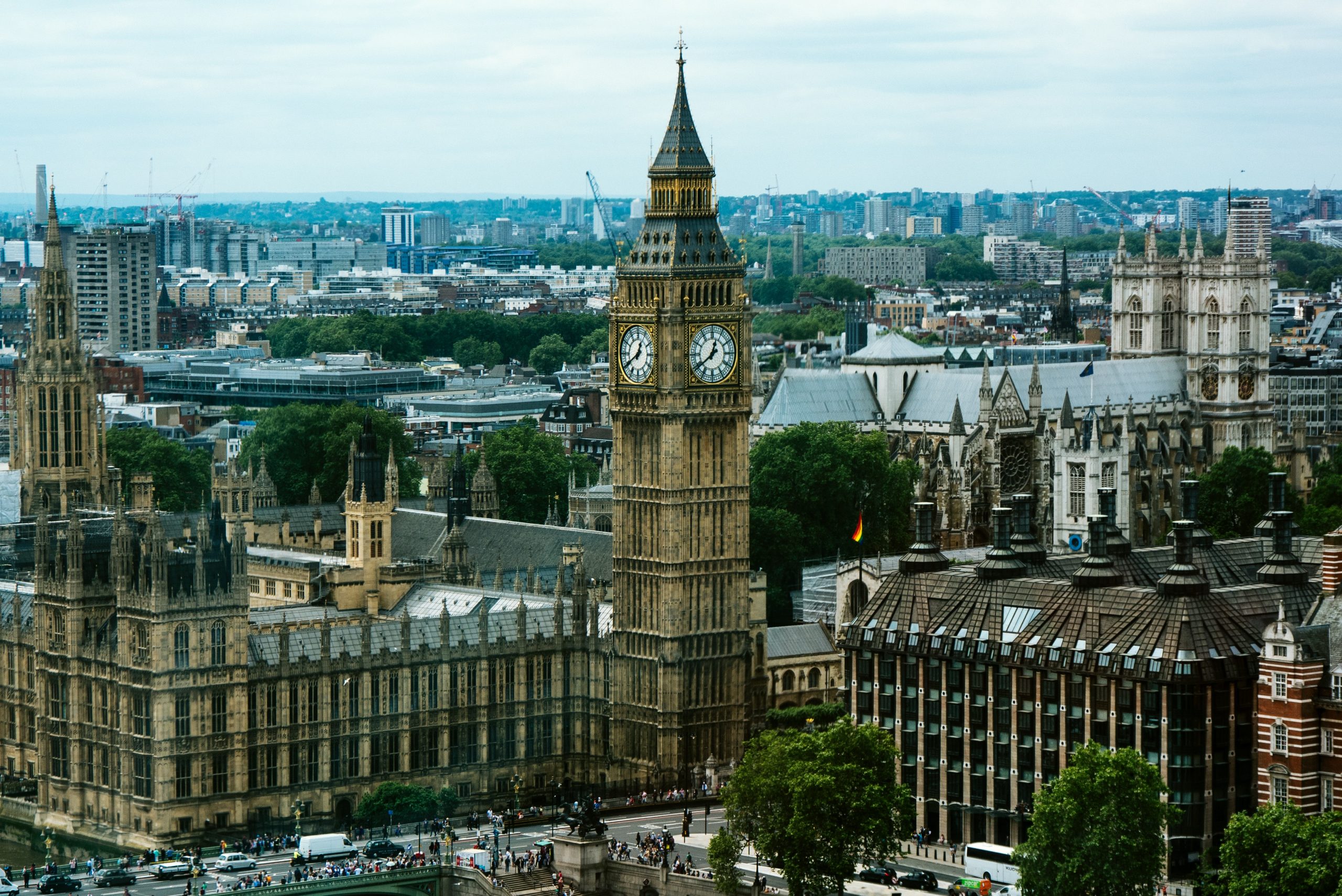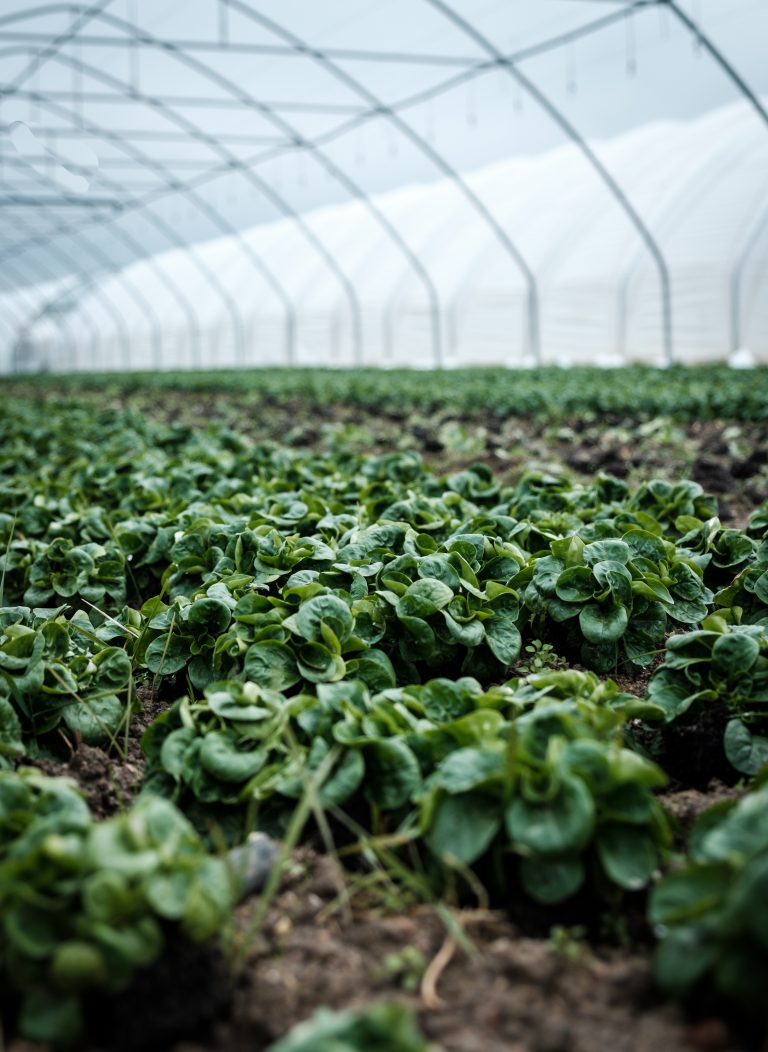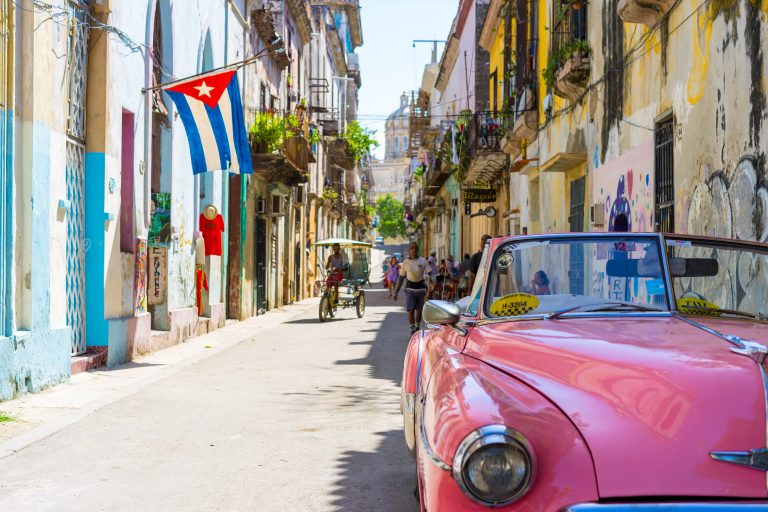PBS News Hour: “Why COVID-19 could be the ‘last straw’ for Lebanon’s fragile economy”
Run Time: 5:37
Source: PBS News Hour “Why COVID-19 could be the ‘last straw’ for Lebanon’s fragile economy”
Abstract: This video explores the bleak situation facing the county of Lebanon. Decades of corruption and fiscal mismanagement have put the country in a precarious position as it now faces both a foreign debt crisis and a banking crisis. Both of these crises are likely to be exacerbated by a health crisis related to the novel coronavirus pandemic that is quickly moving around the world. While Lebanon’s number of COVID-19 infections is still relatively low, the country’s lack of a real public health system together with its high levels of debt and a lack of confidence in its banking system have left the country in a vulnerable state. Lebanon has long imported more than it exports, raising questions as to whether it can be self-sufficient and if not, how it will pay for the goods and services its citizens need, especially as the country, following the example of much of the rest of the world, closes its businesses in an attempt to slow the spread of the novel coronavirus.
Notes: Until recently, Beirut was a lively mix of Arab and Mediterranean hospitality, a city filled with bars, restaurants, and cafes. Those gathering spaces have now gone silent thanks to government orders to close businesses across the country in an effort to limit the spread of the novel coronavirus. In Beirut, people are anxious as they sense conditions are ripe for a perfect storm that could decimate the country. There is a general feeling that Lebanon’s fragile economy, already dealing with a foreign debt crisis and a banking crisis, will not be able to withstand the battering it will take as the COVID-19 pandemic takes hold in the country.
While the number of cases of COVID-19 is still relatively small in Lebanon, officials anticipate that the situation will change quickly. Already, a state of emergency has been called and flights in and out of the country have been halted. While some people are able to work from home, many are not and fear for the future of their businesses. As in many countries, that fear is very real, but in Lebanon, the fear goes beyond the COVID-19 health crisis. Lebanon is in the midst of a recession and is dealing with the threat of both a banking crisis and a foreign debt crisis. Indeed, the country recently defaulted on its debts for the first time in history and now there are concerns that for many businesses, the measures to stop the spread of the novel coronavirus will force permanent closure rather than a temporary shutdown. That combined with the declining black-market value of the Lebanese pound has many people wondering how they will pay their bills and buy the products that they need.
Lebanon’s problems are the result of decades of economic mismanagement and corruption, all of which have put the country in the undesirable position of being the third most indebted country in the world. For years, the country has imported more than it exports, financing its trade deficit with dollars sent from Lebanese people living abroad. In recent years though, those funds have slowed thanks to factors like the drop in oil prices that has negatively impacted the earnings of Lebanese people working in the Persian Gulf. While Lebanon’s central bank has attempted to attract foreign investment by offering high interest rates, those efforts have proved insufficient. Now, as the situation grows more desperate, there is real concern about what lies ahead. The country’s central bank can no longer balance the books and companies are going out of business leaving many without an income. Prior to the COVID-19 pandemic, soup kitchens had been organized in cities like Tripoli to help those in need, but now even charity services like these have been forced to close their doors. The dire situation in Lebanon is exacerbated by the lack of a real public health system and by the presence of large camps housing refugees from Syria. Lebanon fears that if COVID-19 spreads into the camps, the consequences will be catastrophic. Life in Lebanon has not always been easy, but surviving this perfect storm will require unprecedented resolve.
Discussion Questions:
1. Lebanon recently missed its first foreign debt payment in history. What are the macroeconomic causes of a foreign debt crisis? What are the likely consequences of the crisis?
2. Lebanon’s banking crisis is threatening the overall stability of the country. What is a banking crisis? How does a loss of confidence in a country’s banking system manifest itself elsewhere in the economy?
3. Discuss the efforts by Lebanon’s central bank to attract investment. What is the relationship between interest rates and dollar deposits to the country? Does Lebanon’s central bank have any influence over the country’s exchange rate? Explain.













